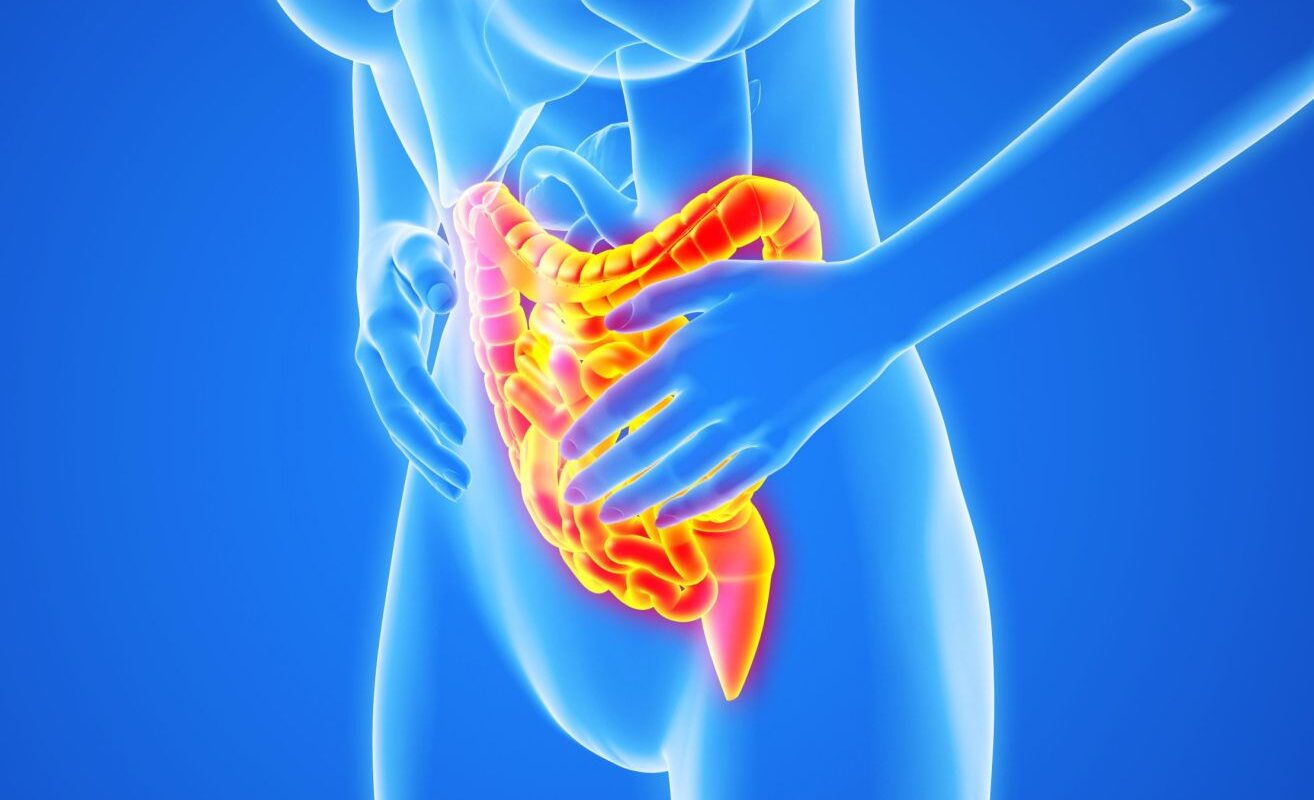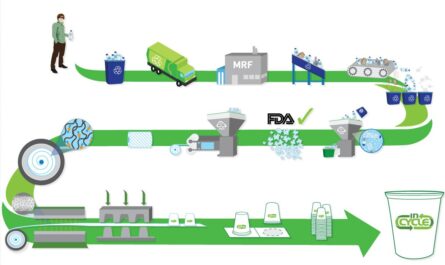New research indicates that significant changes in biochemical and hematological parameters can be observed up to eight years before a diagnosis of Crohn’s disease and up to three years before a diagnosis of ulcerative colitis. These findings, published in the Nov. 21 issue of Cell Reports Medicine, provide valuable insights into the preclinical phase of inflammatory bowel disease (IBD) and highlight the potential for early detection and intervention.
The researchers focused on 17 hematological and biochemical parameters, collecting data up to 10 years prior to diagnosis to assess risk factor modification in the preclinical phase of the disease.
The results revealed widespread and significant changes in these parameters, occurring up to eight years before a diagnosis of Crohn’s disease and up to three years before a diagnosis of ulcerative colitis. This extended preclinical phase challenges previous expectations and highlights the need for early detection and preventive strategies in IBD management.
The authors of the study emphasize the importance of considering these findings when developing future treatment approaches. Understanding the length and nature of the preclinical phase can assist in disease prevention and improve overall patient outcomes.
Inflammatory bowel disease, including Crohn’s disease and ulcerative colitis, is a chronic condition characterized by inflammation of the gastrointestinal tract. Early diagnosis and intervention are crucial for effective management and preventing disease complications. However, diagnosing IBD at an early stage can be challenging due to the nonspecific nature of the symptoms and the lack of definitive diagnostic tests.
By identifying changes in biochemical and hematological parameters before the onset of symptoms, this study offers promising possibilities for early detection and intervention in IBD. These findings may potentially lead to the development of screening protocols and the implementation of preventive measures.
Further research is needed to explore the underlying mechanisms behind these observed changes in biochemical and hematological parameters. Additionally, studies focusing on the larger population are necessary to confirm and validate these findings. Nonetheless, this study provides a valuable foundation for future investigations into the preclinical phase of IBD and offers hope for early detection and improved management strategies.
The implications of these findings extend beyond the field of inflammatory bowel disease. The ability to identify early changes in biochemical and hematological parameters may have implications for other chronic diseases as well. Early intervention and prevention strategies can lead to better patient outcomes, reduced healthcare costs, and improved quality of life.
In conclusion, this study highlights the significant changes in biochemical and hematological parameters that occur before a diagnosis of Crohn’s disease and ulcerative colitis. These findings provide valuable insights into the preclinical phase of IBD and have the potential to revolutionize early detection and intervention strategies. The development of screening protocols and preventive measures based on these findings may lead to improved patient outcomes and a reduced burden of disease. Further research is required to fully understand the mechanisms behind these changes, but this study sets the stage for future investigations in this field.
Note:
1. Source: Coherent Market Insights, Public sources, Desk research
2. We have leveraged AI tools to mine information and compile it



